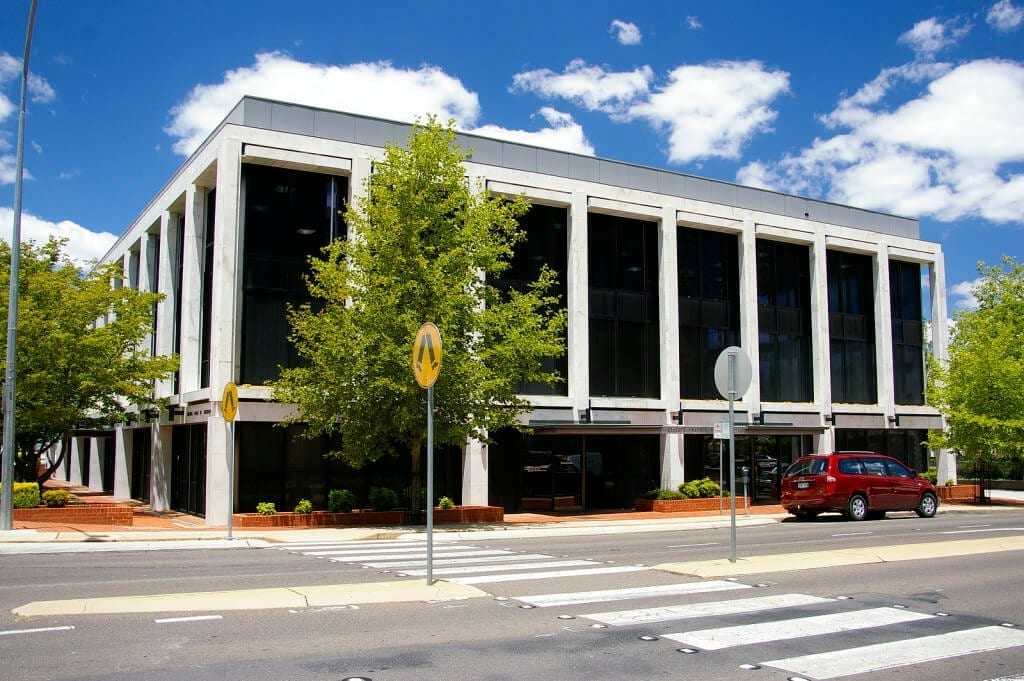
What is the cash rate and why should I care?
- No impact on credit score
- Fast turnaround times
"*" indicates required fields

"*" indicates required fields
On Tuesday the first of December the Reserve Bank of Australia kept the cash rate at 2%. I know exciting right? Okay let’s back track here a bit, most people don’t know who the RBA is let alone what the cash rate means or how it affects them so let’s start with the basics.
[full_width_start]

The Reserve Bank of Australia (or RBA) is Australia’s central bank. It is governed by the Reserve Bank Act of 1959 and its role is to manage the country’s monetary policy and issue currency. It seeks to contribute to the stability of employment and economic prosperity of Australia and the Australian people. The RBA provides some level of banking services to the Australian government and its agencies. Additionally it manages the country’s gold and foreign exchange services. However one of the biggest roles of the RBA is to set the cash rate.
Most people see the RBA as a group of faceless suits sitting in a boardroom making sinister decisions. However this is far from the case, the role of the RBA is integral to the overall economic stability of the country. It does this by setting the cash rate to meet an agreed medium-term inflation target. This inflation target tends to be 2 – 3 percent, in other words the RBA wants the Consumer Price Index (CPI, based on the average price of a range of goods and services) to increase by 2 to 3 percent per year. The inflation target was only put in place in 1992 to help keep inflation under control. To understand inflation better the RBA has a great inflation calculator on their website that allows you to get a good idea of how things have changed. For example a basket of goods valued at $10 in 1970 would have cost $108.52 in 2014.

Okay so now we know who the Reserve Bank of Australia are and have a basic run down of what their role is let’s talk about the official cash rate and what it is. The official cash rate is the interest rate the RBA offers to commercial banks on overnight loans when they lend money between each other. You see every bank in the country has an account at the RBA called an “Exchange Settlement Account” whenever you pay a bill or anything by direct debit the funds go into this account before being transferred to the actual company. These accounts must always have a positive balance, however banks do not want there to be too much money in them as the RBA pays a lower interest rate on the funds in these accounts then the cash rate. So if a bank is likely to have too much money in their exchange settlement account it can lend the funds to another bank at the cash rate. At the same time if a bank needs to borrow money from the RBA as it doesn’t have enough money in its exchange settlement account the RBA will charge the bank at an interest rate higher than the cash rate, making it more viable to borrow from another bank. So the official cash rate is what the banks use to dictate their own interest rates. Guy Debelle (RBA Assistant Governor) put it best in 2013 when he described the cash rate as “the anchor point for all interest rates in the country”.

The board of the RBA meets the first Tuesday of every month (except January) to discuss the monetary policy and make a decision on the cash rate. This decision can have huge influence on the country’s economy along with what banks do with their rates. Home loans are the most effected product by cash rate adjustments; this is simply because mortgages make up a majority of a banks income stream. Banks and other lenders all over the country use the RBA cash rate as the benchmark for the rate they offer on their variable home loans and other products. This is why every month following the announcement from the RBA on what they are doing with the cash rate you will see every bank release a statement on what they are doing with their own rates. For those of us with mortgages, raises to the cash rate can mean some financial pain as a higher variable rate means more interest on the money we have already borrowed. On the flip side if the cash rate is lowered normally banks will pass this on to their customers in the form of lower variable rates.
[full_width_end]
Here is where it gets frustrating for some consumers. Banks do not have to move their rates in line with the RBA cash rate movements. This is why you will often see news stations doing reports on what the banks are doing after the announcement. Most banks will make the move when the RBA drops their rate as it is almost commercial suicide not too. Banks do at times raise rates without movement from the RBA, as we saw last month with many banks raising rates between 15 and 20 basis points. Often this has to do with APRA’s rulings regarding the level of risk banks can have on their books. It also often has to do with the fact that the banks would rather raise rates then lower the dividends to their shareholders.
It is unclear what will happen in the future however some economists are predicting a rate rise to come early next year. This is backed by solid economic data to go with a 6 month low in the unemployment rate as it is factors like these that effect what the RBA will do with rates. The best way to ensure you are getting a good deal on your home loan is simple, speak with an expert. As a society we flat out do not review our finances enough, especially our mortgages. With both rates and our own personal circumstances changing quicker than ever before now is the time to sit down with a home loan expert and work out what is best for you. The mortgage team here at 360 Finance pride themselves on being able to find their customers great deals that suit each customer’s situation. You could find a 10 minute conversation saving you thousands of dollars. Call today and find out how? As for the RBA rates… who knows what will happen but if you are dealing with an expert you can be guaranteed that no matter what happens with the cash rate you will be looked after.
"*" indicates required fields
| Lender | Comparison Rate | Source |
|---|---|---|
| 360 Finance | 7.76%* | Link to source |
| Westpac | 7.69%* | Link to source |
| St George | 6.13%* | Link to source |
| CBA | 9.9%* | Link to source |
| BOQ | 8.19%* | Link to source |
| RACQ | 6.16%* | Link to source |
| CUA | 7.16%* | Link to source |
